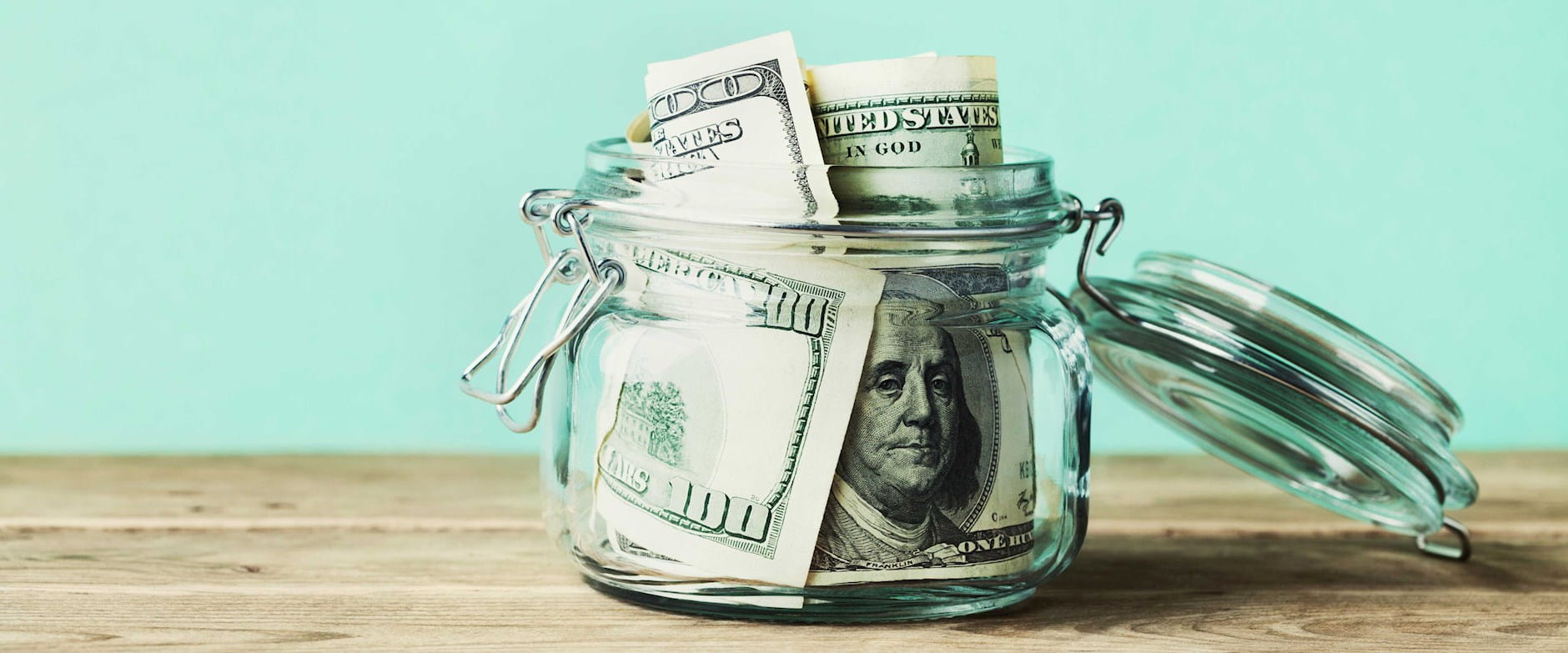One of the repercussions of the COVID-19 pandemic is the closure of businesses across many industries and sectors. Those that have remained open have changed their business models. As a result, companies have and will continue to negotiate new commercial agreements and come to terms on deals with new vendors, producers, and customers.
In these negotiations, buyers want to pay as little as possible and sellers are hoping to get as much as they can. Most of the time, neither party knows how well they truly do because we don’t know how high or low our adversaries were willing to go.
I advise negotiators to do research and take an educated guess about their counterparts’ bottom lines. You might consider it a win if you wind up closer to the number that you believe to be their limit. But one thing is generally true: We often overestimate how good of a deal we brokered.
We show this all the time in our negotiation classes. One student is a buyer and is told that she can spend no more than $50,000 on a product. The other student is the seller and given a bottom line of $35,000. Then we set them loose to get the best deal, with neither knowing the other’s limit. Let's say they agree to a price of $42,000.
After the negotiation is complete, we ask the seller and the buyer to guess their counterpart’s bottom lines. Sellers, in this case, give a number like $45,000, while buyers guess something like $39,000. Both sides walk away thinking that they pushed the other side close to their limit, when in fact the surplus, in this case, was divided pretty equally.
We call this the small-pie bias because both negotiators believe that the pie is much smaller than it actually is. Getting a big piece of a small pie would be a good deal, but the same-sized piece from a much larger pie means that you probably could have done a little bit better for yourself.
As your business attempts to regain its footing after the COVID-19-induced economic downturn, you’ll need to negotiate the best deals you can. My advice is to be more aggressive than you’re probably inclined. Consider going 10 percent higher or lower with an opening offer, or asking for one more concession from your counterpart.
The key is to dial it up just a little more than usual, but not to go so far that you run the risk of scuttling a deal altogether.
That’s always been a fine line to walk in any negotiation. But you can do it more confidently if you realize that the line generally isn’t as narrow as you’re imagining it.
George Wu is the John P. and Lillian A. Gould Professor of Behavioral Science at Chicago Booth.
This column is part of the Chicago Booth Insights series, a partnership with Crain’s Chicago Business, in which Booth faculty offer advice for small businesses and entrepreneurs on the basis of their research.
Your Privacy
We want to demonstrate our commitment to your privacy. Please review Chicago Booth's privacy notice, which provides information explaining how and why we collect particular information when you visit our website.
